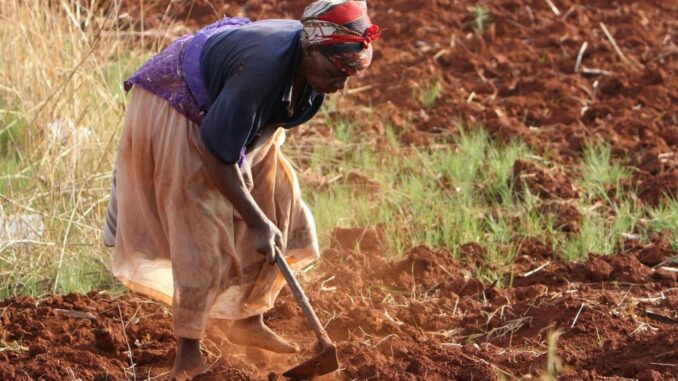
The government has announced plans to compensate farmers who were dispossessed during the land seizures initiated by Robert Mugabe’s regime over two decades ago. These land reforms, meant to address colonial inequalities, triggered a severe economic downturn that continues to affect the country today.
The decision to pay compensation is seen as an effort to rejuvenate Zimbabwe’s agricultural sector and improve relations with Western nations. The government has allocated over 18 million euros to be paid in October to a group of farmers affected by the expropriations, including foreign nationals from countries like Belgium and Germany, as well as 400 black Zimbabwean farmers.
The controversial agrarian reforms of the early 2000s, which were marked by violence and disorganization, aimed to redistribute land but ended up benefiting those with ties to Mugabe’s regime. The abrupt land grabs led to a steep decline in agricultural output, widespread famine, and a prolonged economic crisis.
While this new compensation initiative is aimed at reviving agriculture, it notably excludes the 4,000 white Zimbabwean farmers who were also dispossessed. A separate compensation package of over 3 billion euros for these farmers was announced in 2020, but remains stalled due to a lack of funding. Zimbabwe, which has been cut off from the global financial system for two decades, is grappling with a debt burden of nearly 11 billion euros.
